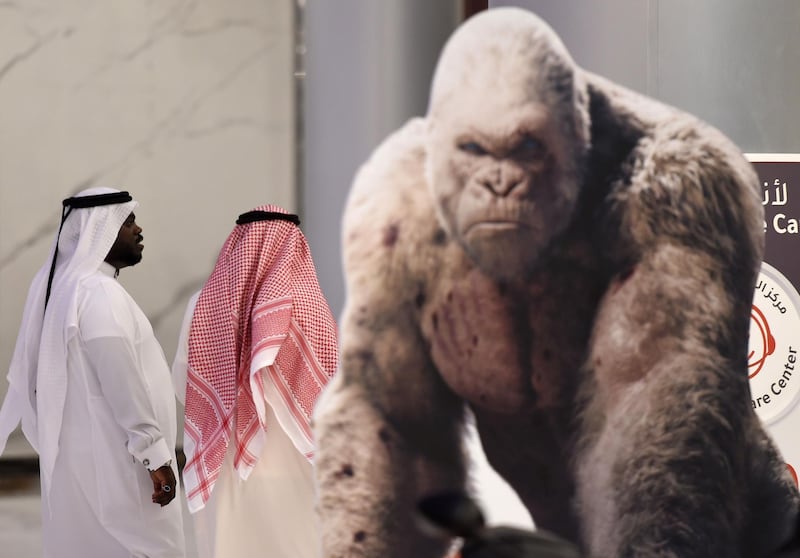Coming in the wake of a string of high-profile announcements, it seemed almost impossible that Saudi Arabia's reforms could still trigger further astonishment – and yet, the kingdom has done just that. The country's root-and-branch transformation is in full bloom with the news that 50 billion riyals will be devoted to promoting sport, entertainment, arts and culture by 2020. Given the scale of the changes already spearheaded by Crown Prince Mohammed bin Salman, the ambitious target to make at least three Saudi cities among the world's most liveable by 2030 looks attainable. The economic and social metamorphosis is certain to benefit millions of Saudis – those currently living and those not yet born.
Since September last year, plans have been underway to lift the driving ban on women, convert the Red Sea coastline into a tourist retreat and build a $500 billion megacity. Last month, dozens of Saudis attended a film screening for the first time in decades. Both men and women have watched wrestling bouts, football matches, concerts and fashion shows. Economic modernisation, bolstered by Prince Mohammed's extended visit to the US, has animated global investors while an anti-corruption drive reportedly yielded $107bn. The kingdom is moving away from oil dependency and spurring social progress at a pace few would have deemed possible.
The latest development is the launch of the Quality of Life 2020 programme, amid much fanfare. It will include an island for arts and culture in Jeddah as well as 45 cinemas, 16 theatres and 42 libraries. With 491 locations for sporting activities earmarked for development, Saudi plans to send a strong cohort of athletes to the 2020 Tokyo Olympics; their participation on a global platform will be a great source of unity and pride and send a message to the rest of the world. The under-25s, who comprise half the population, stand to benefit most.
The programme will spur inward investment and create thousands of jobs but there is a larger point – one that speaks to the power of culture and art for social change. Art pushes boundaries and prompts discussion and debate. The significance of cinema, for instance, transcends the entertainment value of films. It is a window to the world that fosters cultural understanding and breeds fresh ideas. Black Panther, the first film shown in Saudi cinemas last month, holds timeless messages about race, exclusion and human endeavour. Change is not something to be feared but embraced. Actor Idris Elba is one of the first to express an interest in filming in Saudi Arabia. His wish is just one sign of how far the kingdom has come and how many changes are still ahead.
Follow The National Comment on Twitter





